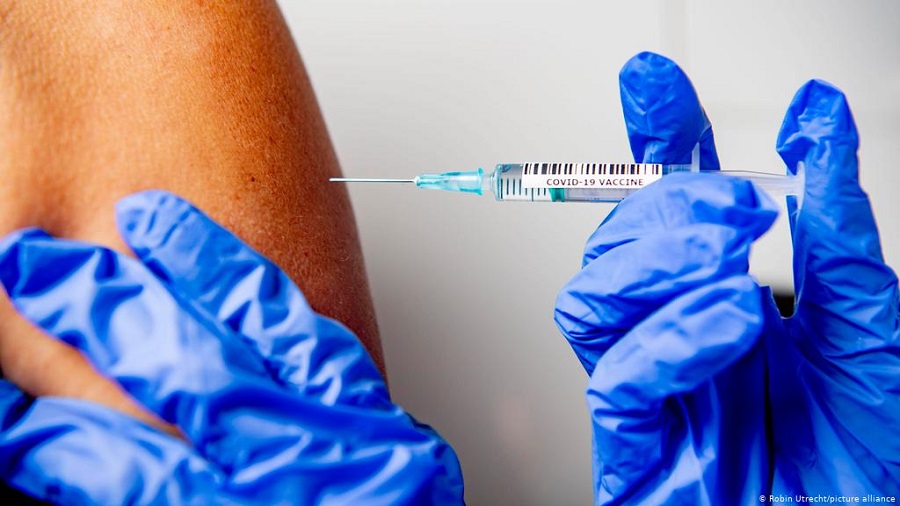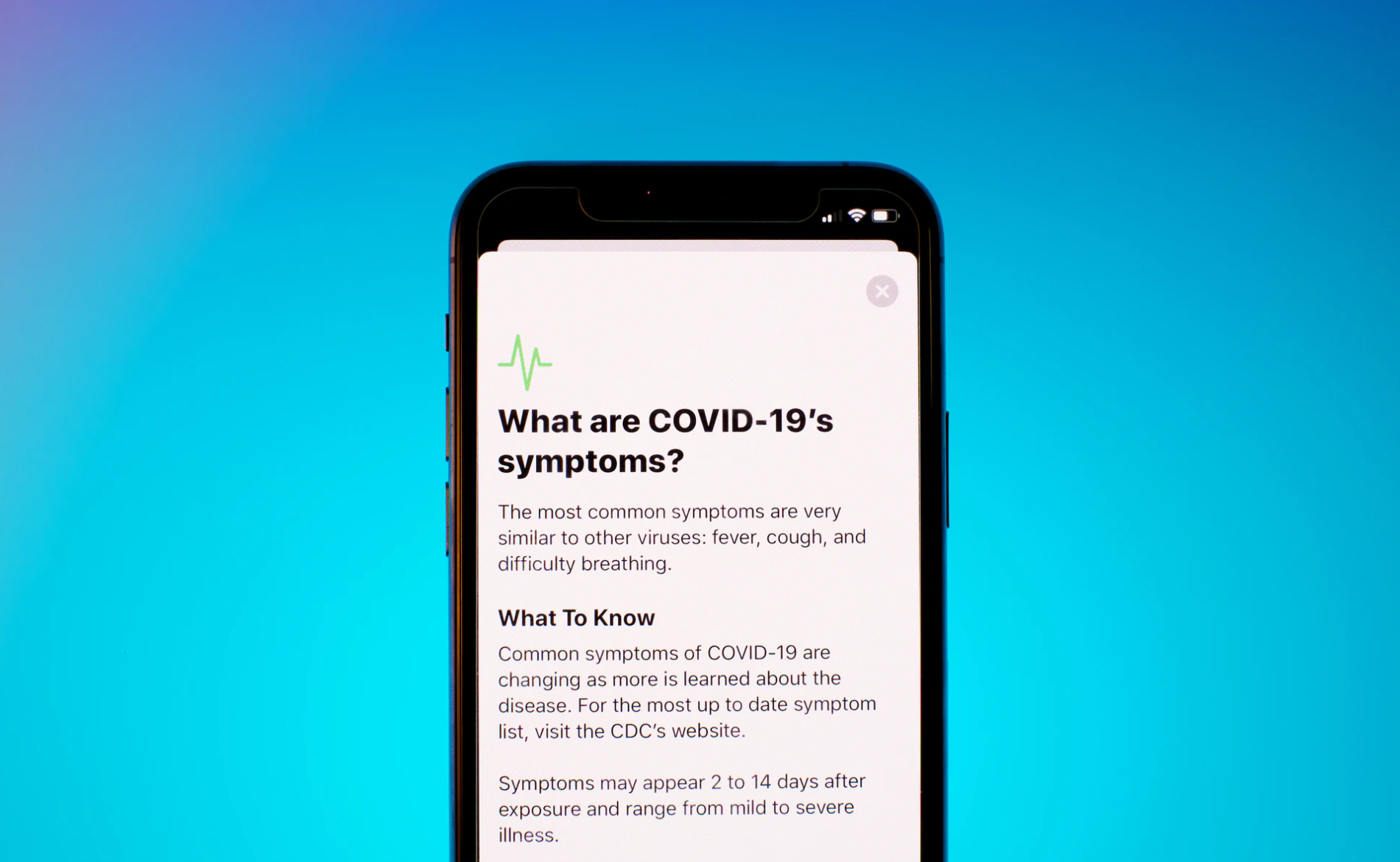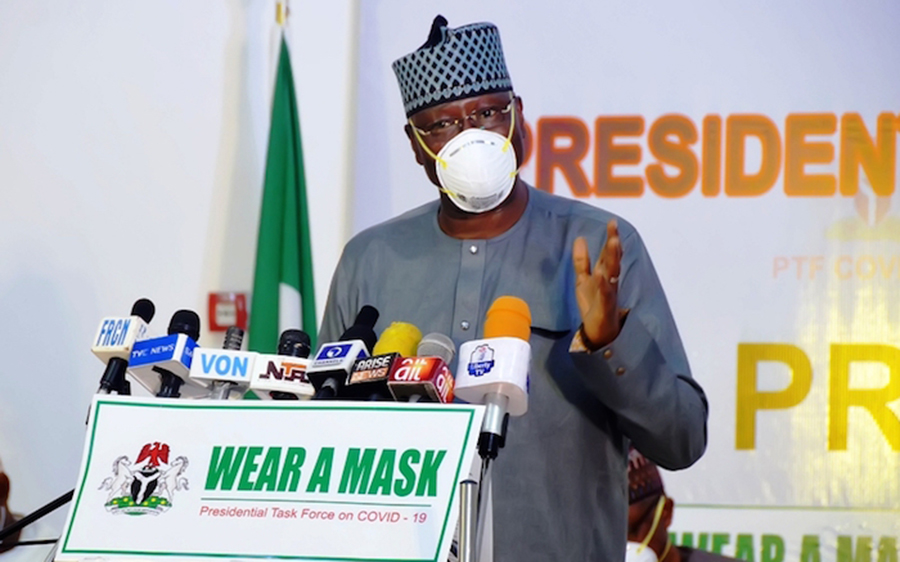The Federal Government through the National Primary Health Care Development Agency (NPHCDA) has explained the composition of the Covid-19 vaccines and how they work.
This is as some of them have been approved for emergency use by the World Health Organization (WHO) and some countries, while others are still at different phases of clinical trials for possible approval.
According to a report from the News Agency of Nigeria (NAN), this insight was given by the Executive Director/Chief Executive of NPHCDA, Dr Faisal Shuaib, who said there were several COVID-19 vaccine candidates.
READ: African Union signs deal for 400 million Johnson and Johnson single shot vaccine
He said that Covid-19 vaccine candidates are of various categories based on their mechanism of action such as the inactivated or weakened virus vaccines.
He explained that the idea behind the formulation of an inactivated or weakened virus vaccine is to elicit an immune response without causing the disease itself. Shuaib also said there were protein-based vaccines, which used harmless fragments of proteins or protein shells that mimic the Covid-19 virus to safely generate an immune response.
He added that the viral vector vaccines used a virus that had been genetically engineered to produce coronavirus proteins to safely generate an immune response and not give rise to the disease.
Going further, Shuaib pointed out that the Ribonucleic Acid (RNA) and Deoxyribonucleic Acid (DNA) vaccines employed a cutting-edge approach that used genetically engineered RNA or DNA to generate a protein that safely prompted an immune response.
READ: China publicly presents its COVID-19 vaccines, 2 doses to cost below $146
What you should know
- It can be recalled that on March 2, 2021, Nigeria received the first set of about 4 million doses of the AstraZeneca Covid-19 vaccine, manufactured by the Serum Institute in India and shipped via the COVAX Facility, a partnership between CEPI, Gavi, UNICEF and WHO.
- A few days ago, the Executive Director of NPHCDA disclosed that a total of 8,491 Nigerians have reacted adversely to the AstraZeneca inoculation since the exercise began on March 15.
- He said that Nigeria recorded 52 cases of moderate to severe incidents of Adverse Effects Following Immunisation (AEFI), presented as fever, vomiting, diarrhoea headaches, dizziness and allergic reactions.
- About 1.09 million Nigerians have so far been administered the first dose of the AstraZeneca Covid-19 vaccine.



















